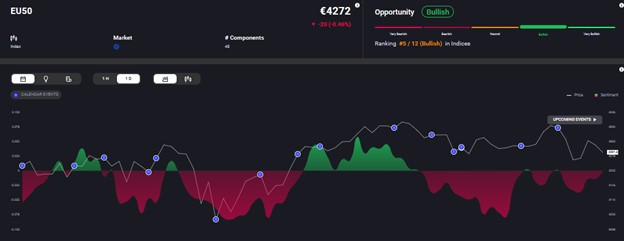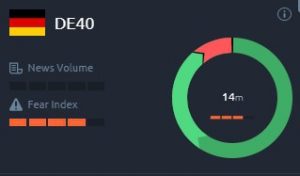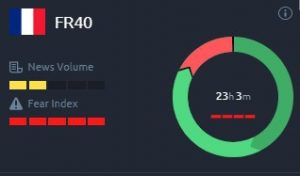June 14, 2023
By Acuity Trading
More news
Is Xi Jinping Shifting his Stance Towards Chinese Tech Companies?
On February 17, 2025, China’s President Xi Jinping called a meeting of prominent tech leaders in the country, including Alibaba’s co-founder, Jack...
Australia’s Economy Continues Declining. Is Low Tech Adoption to Blame?
Australia, once called the "economic poster child," has now been termed a "problem child” by McKinsey. The nation had witnessed 33 consecutive years...



